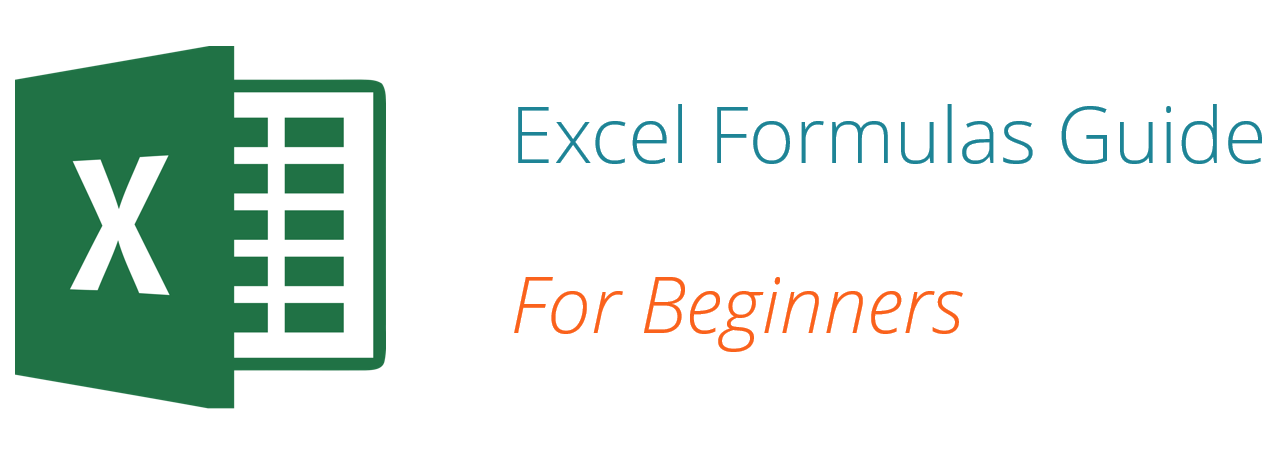3 Ways to Force Close Excel Fast

The issue of Excel becoming unresponsive can be quite a productivity killer. To help mitigate this frustration, let's explore three different methods for force closing Excel quickly and effectively:
Method 1: Task Manager
Why Use Task Manager?
Task Manager is an invaluable tool for managing all running processes on your Windows computer. Here's how you can use it to force close Excel:
- Step 1: Press Ctrl + Shift + Esc on your keyboard to open Task Manager.
- Step 2: In the Task Manager window, click on the "Processes" tab to view all running applications.
- Step 3: Scroll through the list to locate Excel, which might be listed as "Microsoft Excel" or something similar.
- Step 4: Right-click on the Excel process and select "End Task". If you have multiple Excel sessions open, you'll see multiple entries here, each representing a separate instance of Excel.
This approach is straightforward and can be a lifesaver when Excel is locked up or not responding.
⚠️ Note: Ending an Excel task via Task Manager will result in data loss for any unsaved work.
Method 2: Shortcut Keys
The Power of Keyboard Shortcuts
Keyboard shortcuts can provide a faster way to close applications, including Excel, particularly when your mouse functionality might be compromised:
- Step 1: If Excel has just hung, try the shortcut Ctrl + Alt + Delete. This opens the Windows Security Screen.
- Step 2: On this screen, choose "Task Manager".
- Step 3: Navigate to the Excel process and end it as described in the previous method.
💡 Note: If Excel is completely frozen and won't respond to key combinations, you might need to manually restart your computer as a last resort.
Method 3: Third-Party Applications
Leveraging Specialized Tools
Sometimes, built-in methods aren't enough, and you need a specialized tool to force applications to close:
- Step 1: Choose a third-party application like Process Explorer, which is Microsoft's advanced tool for managing processes.
- Step 2: Download and install the third-party tool from its official source.
- Step 3: Open the tool. If it's Process Explorer, you'll see a graphical representation of all running processes on your system.
- Step 4: Search for the Excel process, right-click on it, and select "Kill Process" or an equivalent option to end the task.
These applications can sometimes offer more control or information about why Excel might be unresponsive.
Each method has its own set of advantages, making one potentially more suitable for your situation than the others. For quick access, Task Manager provides a simple, no-install solution. Keyboard shortcuts can be handy when you're already on the keyboard, and third-party applications might be necessary for persistent issues or advanced troubleshooting.
Keep in mind the potential for data loss when force closing any application, including Excel. Regular saving of your work can prevent significant data loss, and understanding why Excel might be crashing can help you prevent future incidents. Whether it's due to high CPU usage, corrupt files, or another issue, having these methods at your disposal can be extremely helpful.
Can I recover unsaved work after force closing Excel?
+
Sometimes, Excel’s auto-recovery feature might save your work before it crashes. Check the Document Recovery pane the next time you open Excel to see if your unsaved work has been preserved.
Why does Excel freeze frequently?
+
Frequent freezing might be caused by a variety of issues like hardware limitations, outdated software, large files, corrupt workbooks, or software conflicts. Regular updates and file maintenance can help mitigate these issues.
Will using these methods cause Excel to corrupt or lose functionality?
+
Force closing Excel should not directly cause corruption or loss of functionality, but always ensure your data is backed up to minimize risks associated with data loss.
Related Terms:
- Force close app Windows 11
- Force close adalah
- Shortcut close all program
- Cara menutup Excel yang error
- excel says cannot quit
- forced to close excel spreadsheet


